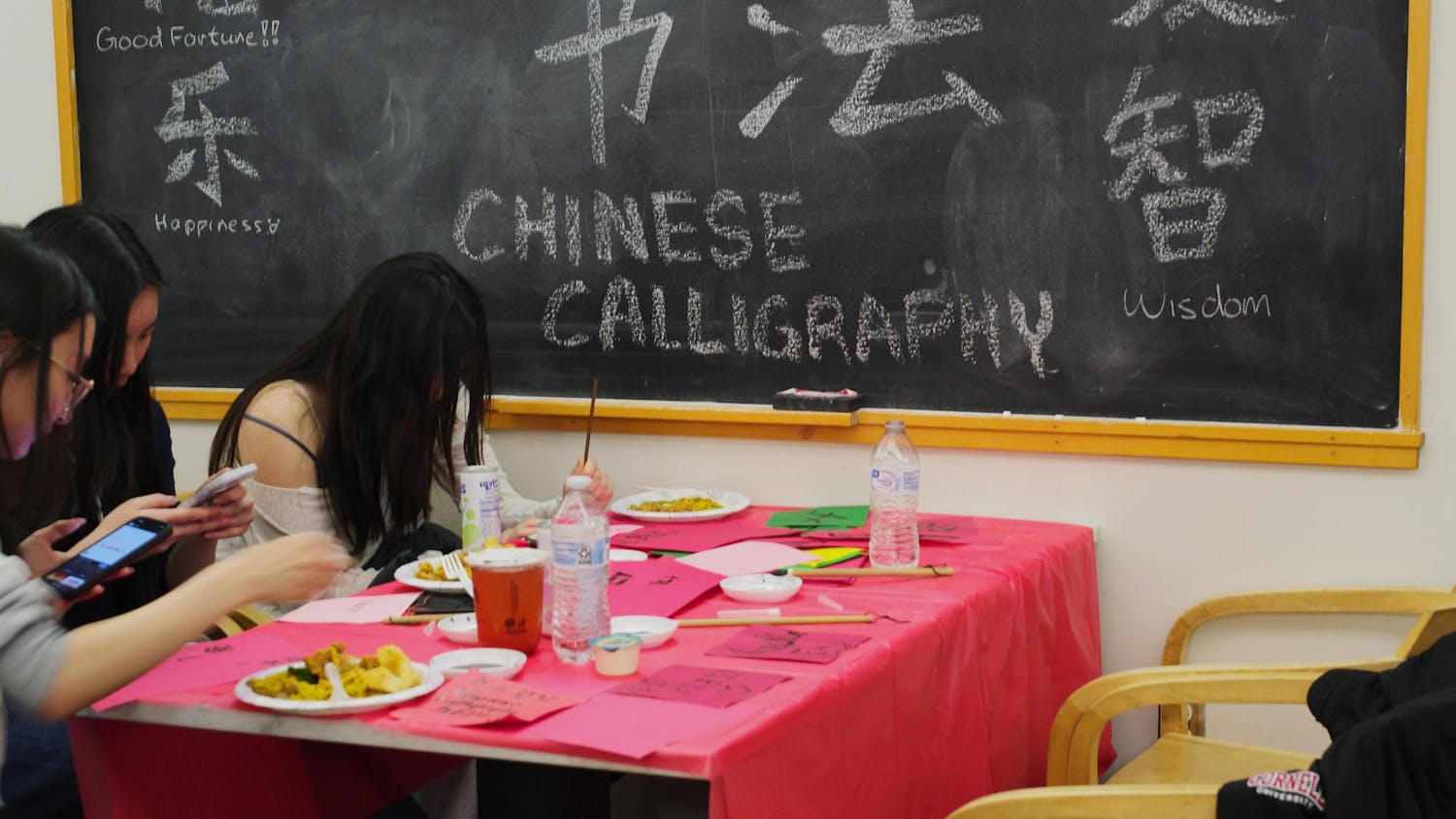Fear and shock gripped Cornell’s campus when President Donald Trump defeated Hillary Clinton in the 2016 presidential election. In the days that followed, members of a stunned student body gathered in solidarity and held “cry-in” events responding to the surprise result.
On the eve of the 2020 election, students are even more on edge. Trump’s Democratic challenger, former Vice President Joe Biden, is again the favorite — this time by a wider margin in national polls. In Washington, D.C. and New York City, businesses and city officials are preparing for unrest as a polarized country braces for an election whose winner isn’t likely to be known on Tuesday night.
“I’m concerned for the state of the country overall,” Roman Pidyk ’19 said on election night four years ago. “I don’t think there will ever be such a shitshow like this in our lifetime.”
But unlike in 2016, Cornellians — nearly all of whom were in high school when Trump was elected — know what they’re getting with the president. Instead of worries about what might happen under Trump, Cornellians have already endured four years to inform what four more years would mean.
In 2016, Trump’s triumph led students — especially immigrants and other marginalized groups — to fear for their safety. At a cry-in the morning after Election Day, a group of devastated students hugged and cried in disbelief on Ho Plaza. Cornell professors struggled to explain the surprise result that one called “no less than stunning.” Days after the election, hundreds gathered in the Commons to voice their fears for a looming Trump presidency.
On Nov. 9, the day after the election, some Cornell professors canceled classes, as students struggled to wrap their heads around Trump’s victory. Later in the week, hundreds of Cornellians walked out of class in protest, swarming the Arts Quad and marching through campus streets. The Nov. 11 demonstration in which professors and students alike marched down East Avenue was part of a coordinated action with students and faculty at Stanford University, University of California, Davis, Princeton University, Columbia University and Brandeis University. 
“We tried to discuss the day’s assignment but after a few minutes it occurred to me that [students] were feeling what I was feeling as well, that a seismic shift had happened in U.S. domestic and international politics,” said Prof. Mukoma Wa Ngugi, English, who canceled his second class of the day on the Wednesday after the 2016 election. “An earthquake was happening and there was no use carrying on as if it was business as usual.”
Some students celebrated Trump’s win, citing the triumph of forgotten voters — Austin McLaughlin ’18, then a board member of the Cornell Republicans and now a presidential writer at the White House, said support for Trump was “a rejection of Washington, Wall Street and the media.” The Cornell Republicans had made headlines for not endorsing Trump in 2016, a move they reversed this election cycle. Following the election, some Cornellians argued that Trump appealed to voters who one student called “the people progress forgot.”
But most Cornellians feared what a Trump presidency would mean for women’s rights, Islamophobia, climate change and white supremacy. After four years that many progressives at academic institutions see as having been disastrous for democracy, the 2020 election remains the source of significant anxiety yet again.

How a Shocked Cornell Campus Responded to the 2016 Election
Reading time: about 3 minutes
Students congregated on the Arts Quad after Trump's 2016 win.
Read More










